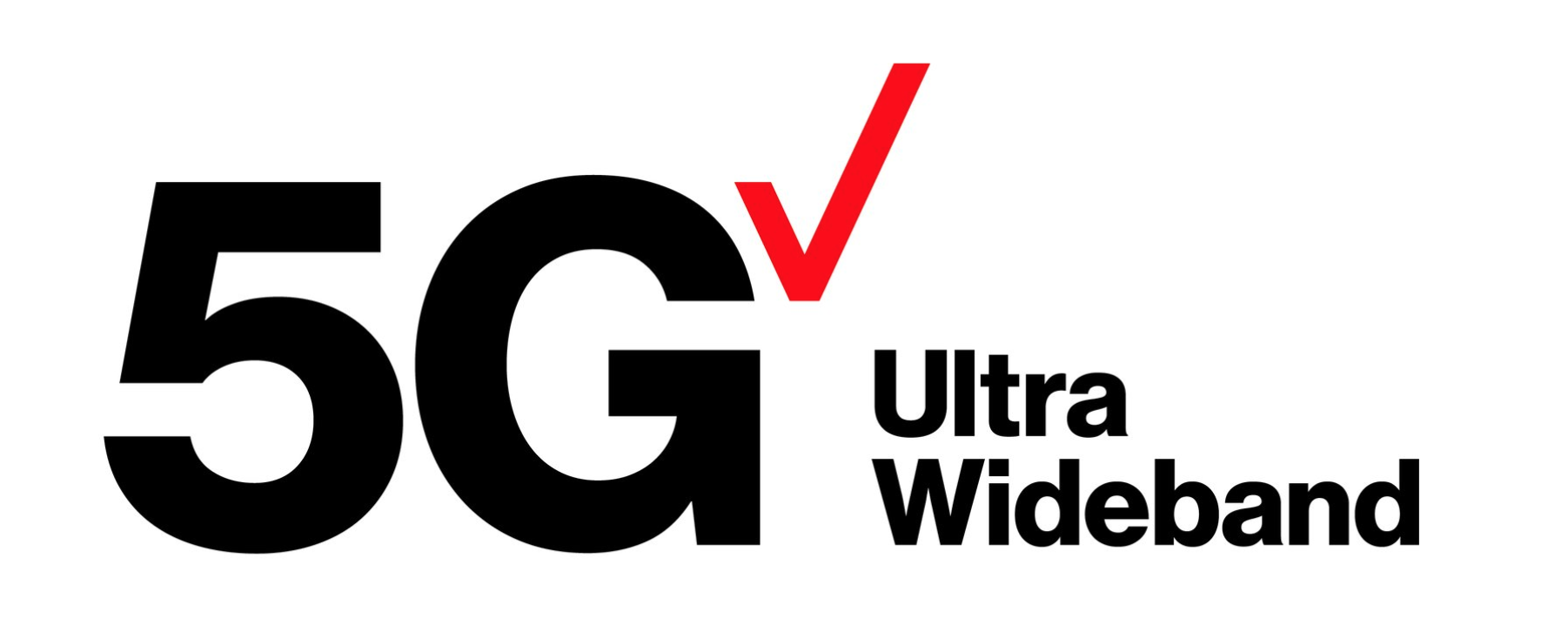Verizon: Private 5G market at $8B in 4 years
Verizon distinguishes between a private wireless network product and mobile edge compute (MEC) offerings, he noted, but likes it when both come together. That’s when “the full power of 5G” can be exploited, he said, with features like low power usage and high device density. Verizon has ambitions for both public and private MEC, in partnerships with Microsoft and AWS.
Asked about moving beyond just providing connectivity and driving new revenue streams with private wireless, he pointed to recurring services such as security, managed services, and running custom applications or IoT.
“The private network piece, very few can do it as well as us, but it’s the layers of services on top that creates a pretty compelling revenue case for us,” Sowmyanarayan said. “But more importantly use-cases for the customer.”
He acknowledged that typically with large customers there’s also a significant upfront piece to get the private network up and running. The private network is essentially a scaled down version of the macro network consisting of core, radio, and other elements at a local location. But afterwards the recurring services are attractive for both Verizon and private wireless customers who can then keep attention on their main business functions.
“They are able to look to a large partner to offload some of the complex work so they can focus on what their core is,” Sowmyanarayan noted, pointing to mines as an example.
Verizon also has a private wireless offering for international customers, which uses Nokia network equipment. The carrier recently signed its first European 5G private wireless deal with Associated British Ports (ABP) for the Port of Southampton in the U.K. Sowmyanarayan said the carrier is very excited about the ABP deal and categorized it as “a sign for things to come” for Verizon.

In the 1st Quarter of 2021, Verizon posted a loss of 170,000 monthly wireless subscribers. Analysts had predicted 82,100 new customers. The top U.S. wireless carrier continues to see partnerships like its ones with Amazon.com Inc. and Corning Inc. as the best path to bring advanced 5G services from development to actual sales.
……………………………………………………………………………………………………………………………………..
References:
https://www.fiercewireless.com/private-wireless/verizon-chases-7-8b-private-wireless-market
https://www.fiercedigitaltechevents.com/private-wireless-networks-summit
2 thoughts on “Verizon: Private 5G market at $8B in 4 years”
Comments are closed.



One has to think that a couple of their services like Skyward and Hyper Precise Location as being those that are quasi-private services that Verizon is alluding to when he says
“between a private wireless network product and mobile edge compute (MEC) offerings, he noted, but likes it when both come together. ”
In the case of Skyward 5G offers the potential for high-speed, low-latency communications to drones. It would be a private network operating in a public space (as opposed to the confines of a building).
https://www.verizon.com/about/our-company/fourth-industrial-revolution/digital-license-plates-drones-unlocking-power-5g
Similarly, the Hyper Precise Location service improves three-dimensional GPS accuracy from 3-9 meters to 1-2 centimeters. Again, this service would be offered to private entities (e.g. robotaxi providers) operating in a public space.
https://thingspace.verizon.com/services/hyper-precise-location
The 5G “Reopening” in the U.S. this Summer:
“5G could be the ultimate ‘reopening’ theme, as consumers venture out and demand faster cellular broadband coverage and capacity versus last year’s dependence on Wi-Fi,” wrote the financial analysts at BofA Securities in a recent note to investors.
Verizon – which has been building super-fast 5G in football stadiums, airports and other high-traffic venues that remained mostly vacant during 2020 – agreed.
“We’ve been waiting” for this moment, explained Verizon’s Ronan Dunne in comments this week at the Bernstein Strategic Decisions Conference.
He said the company’s new offer of free 5G phones was contingent on three events: a rise in traffic on Verizon’s mobile network, a return by shoppers to Verizon’s retail stores, and the availability of phones that can support the highband and midband flavors of 5G.
It’s now the “perfect timing” for this kind of a promotion, Dunne said.
The financial analysts at Cowen described Verizon’s new promotion as “aggressive,” though they said it’s not necessarily an indication that Verizon is falling behind the competition.
“In our conversation with Verizon, the company noted the offer comes from a position of strength, rather than one of desperation,” the Cowen analysts wrote. “Verizon believes it can enjoy the higher volumes without notable sacrifice to margins.”
“We’re doing better than some people might tell you,” Dunne agreed.
Of course, executives from AT&T offer a similar stance.
“We’re ready for the competitive responses,” AT&T’s Jeff McElfresh said at the same Bernstein-hosted event.
He said AT&T continues to enjoy success with its own free phone promotions, and that the operator is prepared to continue chasing “accretive, profitable growth.”
“We intend to be the nation’s premier broadband connectivity provider. Period,” he said. “We are not on our heels. We are back on our toes.”
The comments and the new promotions from Verizon, AT&T, T-Mobile and Comcast generally indicate the operators are preparing to fight for the shoppers who are keen to re-enter retail stores after a year of being stuck at home. And that they’re going to do so with some of the most aggressive promotions the wireless industry has seen in years.
https://www.lightreading.com/ossbsscx/the-summer-of-5g-may-be-scorcher/a/d-id/769955?